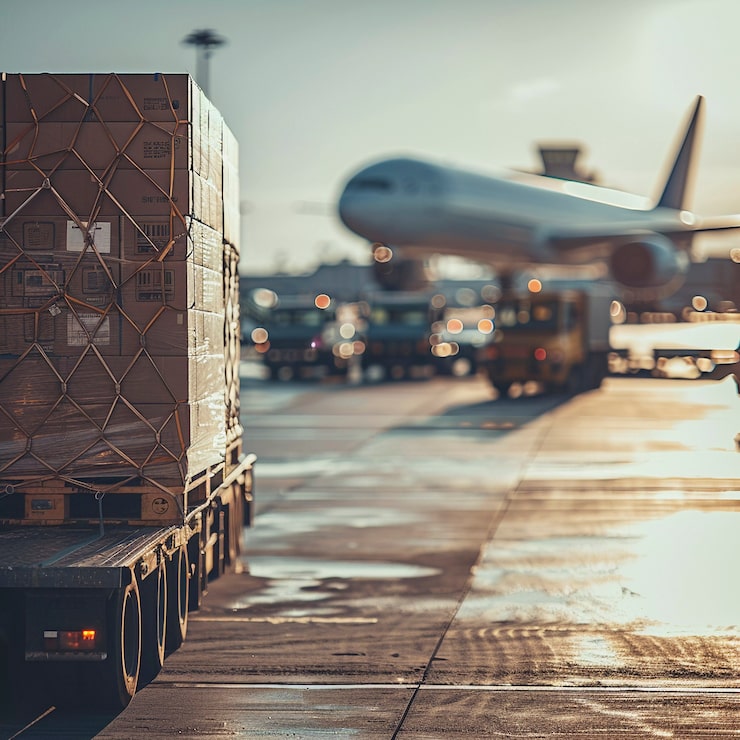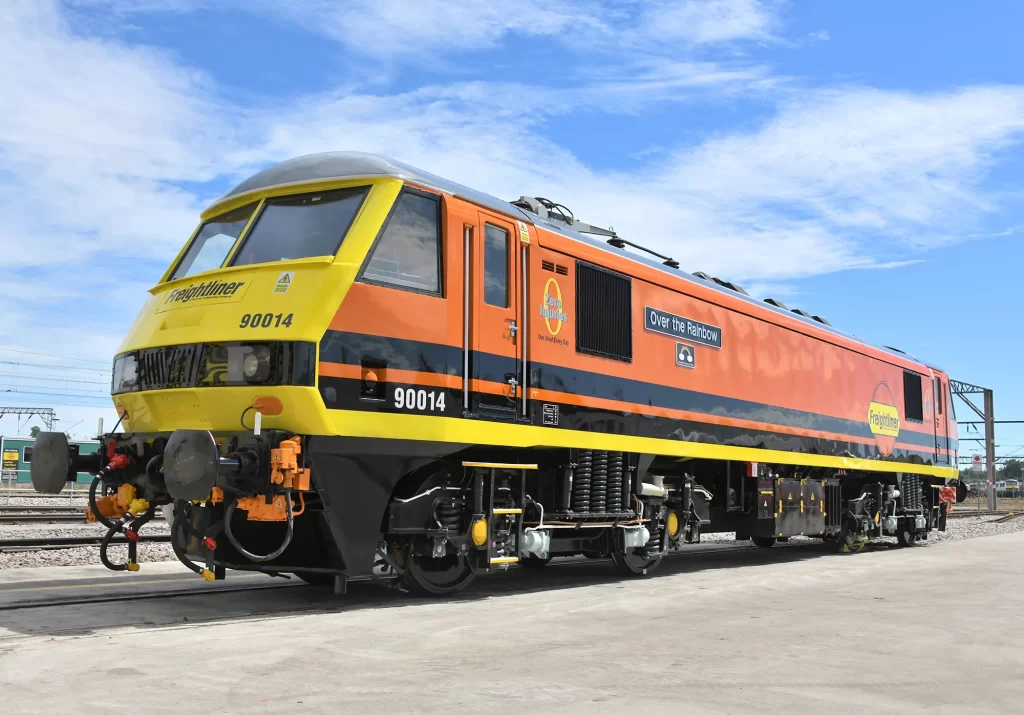Many importers are asking why freight price from China raised so much in recent years. Rising costs affect global supply chains, squeezing profit margins and delaying deliveries. This article explores the main reasons, provides real case studies, and offers strategies to navigate high shipping expenses.
What Are the Main Reasons Freight Prices from China Increased?
Several interconnected factors have contributed to rising freight rates.
- Supply Chain Disruptions: Port congestion, container shortages, and labor strikes limited capacity.
- Global Demand Surge: E-commerce growth increased shipping volume worldwide.
- Fuel and Energy Costs: Jet fuel and bunker prices climbed with oil market volatility.
- Regulatory Changes: Stricter environmental rules raised operating costs.
- Geopolitical Tensions: Tariffs, sanctions, and route restrictions altered trade patterns.
Therefore, businesses must adjust strategies to remain competitive.
How Do Container Prices Compare Before and After Increases?
The cost of containers surged dramatically from pre-pandemic levels to today.
Container Price Comparison
| Year | 20GP (USD) | 40GP (USD) | 40HQ (USD) |
|---|---|---|---|
| 2019 | $1,200 | $2,000 | $2,100 |
| 2021 | $5,500 | $9,800 | $10,200 |
| 2023 | $3,200 | $5,900 | $6,100 |
| 2025 | $4,000 | $7,200 | $7,400 |
Although prices dropped from peak levels, they remain significantly higher than historic averages.
Why Do Seasonal Factors Raise Freight Prices from China?
Shipping costs fluctuate seasonally.
- Q4 Peak Season: Pre-holiday demand spikes rates.
- Chinese New Year: Factory closures cause capacity crunches.
- Back-to-School Season: Apparel and electronics shipments increase.
Consequently, planning shipments outside peak windows can reduce costs.
How Does Air Freight Compare to Sea and Rail Freight?
Shipping Method Comparison
| Mode | Avg. Cost (per kg) | Transit Time | Pros | Cons |
|---|---|---|---|---|
| Air Freight | $5–$7 | 5–7 days | Fast, reliable, ideal for urgent | Expensive, weight restrictions |
| Sea Freight | $0.40–$0.60 | 20–35 days | Cheapest for bulk cargo | Slow, port congestion risks |
| Rail Freight | $2–$3 | 18–22 days (to EU) | Balance of cost and speed | Limited to Eurasian routes |
Thus, air freight offers speed, while sea freight remains cost-effective for bulk goods.



What Impact Do Port Congestions and Labor Strikes Have?
When ports like Shanghai, Ningbo, or Los Angeles experience congestion, containers wait weeks for unloading. Strikes worsen delays, reducing available vessel space. As a result, forwarders raise rates to cover demurrage, storage, and schedule risks.
Real Case Studies of Freight Price Increases
Case 1: Shenzhen → Los Angeles (Electronics)
- Goods: 1x40HQ container of LED TVs
- Mode: Sea freight
- Cost: $10,500 (2021)
- Transit: 32 days
- Outcome: Importer paid 4x higher freight than in 2019 but still met retail demand.
Case 2: Ningbo → New York (Furniture)
- Goods: 1x20GP container of wooden furniture
- Mode: Sea freight
- Cost: $4,200 (2023)
- Transit: 35 days
- Outcome: Small business delayed shipments to consolidate orders, reducing unit cost.
How Do Tariffs and Regulations Influence Freight Costs?
Tariffs increase landed costs, while environmental rules require ships to use cleaner fuels. Although regulations improve sustainability, they raise operational expenses for carriers. Consequently, importers feel the impact through higher freight bills.
Can Businesses Reduce Freight Costs from China?
Yes, importers can adopt practical strategies.
- Book Early: Securing space in advance avoids last-minute surcharges.
- Use Consolidation: Share container space to lower per-unit costs.
- Negotiate Long-Term Contracts: Fixed rates provide predictability.
- Diversify Ports: Alternate origins and destinations to avoid congestion.
- Consider Multi-Modal Solutions: Combine sea-air or rail-air to balance cost and speed.
Accordingly, strategic planning improves cost control.
Why Freight Price from China Raised So Much Matters for Global Supply Chains?
High freight rates affect inventory management, cash flow, and product pricing. Moreover, companies pass additional costs to consumers, fueling inflation. On the other hand, resilient businesses adjust with smarter procurement and diversified logistics partners.
What Documents Are Needed Despite High Freight Prices?
Documentation remains essential regardless of cost fluctuations.
Customs Document Checklist
| Document | Purpose |
|---|---|
| Bill of Lading (B/L) | Confirms shipping contract |
| Commercial Invoice | Declares product value for customs |
| Packing List | Details cargo content and weight |
| Certificate of Origin | Validates country of manufacture |
| Import License | Required for restricted categories |
| Insurance Certificate | Protects against financial loss |
Errors in paperwork often lead to delays that worsen high-cost situations.

Should Companies Rely on Freight Forwarders During High Rates?
Freight forwarders negotiate better deals, consolidate shipments, and offer visibility. Indeed, their expertise helps importers navigate volatile markets and maintain smoother supply chains.
Conclusion
Understanding why freight price from China raised so much is crucial for managing logistics budgets. While global disruptions, demand surges, and regulatory pressures continue pushing costs upward, importers can still mitigate risks through forward planning and partnerships with experienced freight forwarders. To summarize, resilient businesses that adapt with smarter strategies will sustain growth despite elevated shipping expenses.
- Consult TJ China Freight Forwarding for the lowest quote. They will provide you with reliable, cost-effective service.
FAQs
Q1.Why are shipping rates from China still higher than before?
Rates remain elevated due to persistent demand, limited vessel capacity, and fuel surcharges affecting carrier operating costs globally.
Q2.Do fuel price changes impact freight rates quickly?
Absolutely, carriers adjust bunker surcharges almost immediately, so global oil price fluctuations directly influence freight bills.
Q3.How does air freight pricing respond to peak seasons?
Air rates rise sharply during Q4 holidays and Chinese New Year when demand exceeds available airline cargo capacity worldwide.
Q4.Should I sign long-term freight contracts in 2025?
Yes, long-term agreements stabilize costs and protect importers against sudden spikes in international freight market volatility.
Q5.How do customs delays affect freight expenses?
Delays trigger storage, demurrage, and penalty fees, increasing total landed cost even when base freight charges remain fixed.

